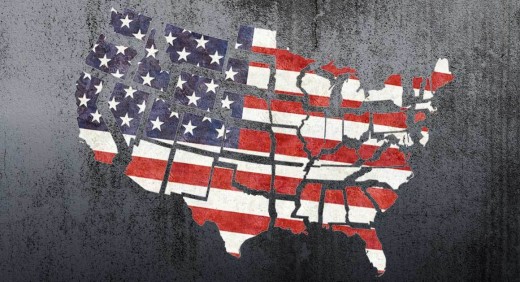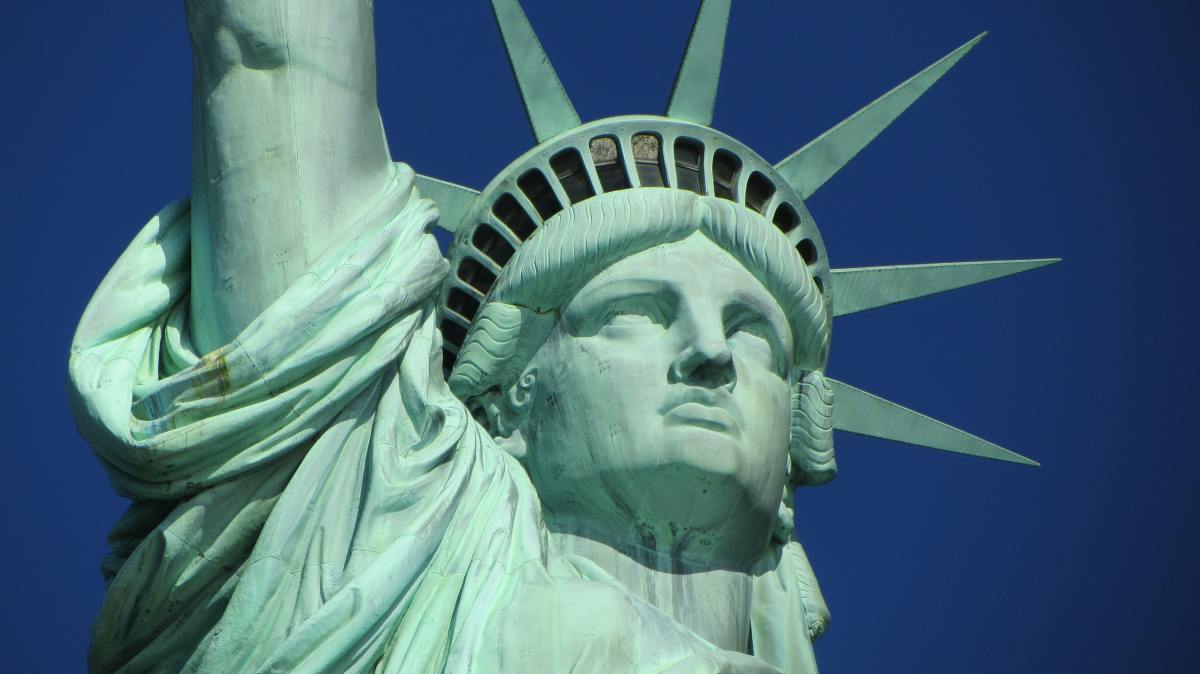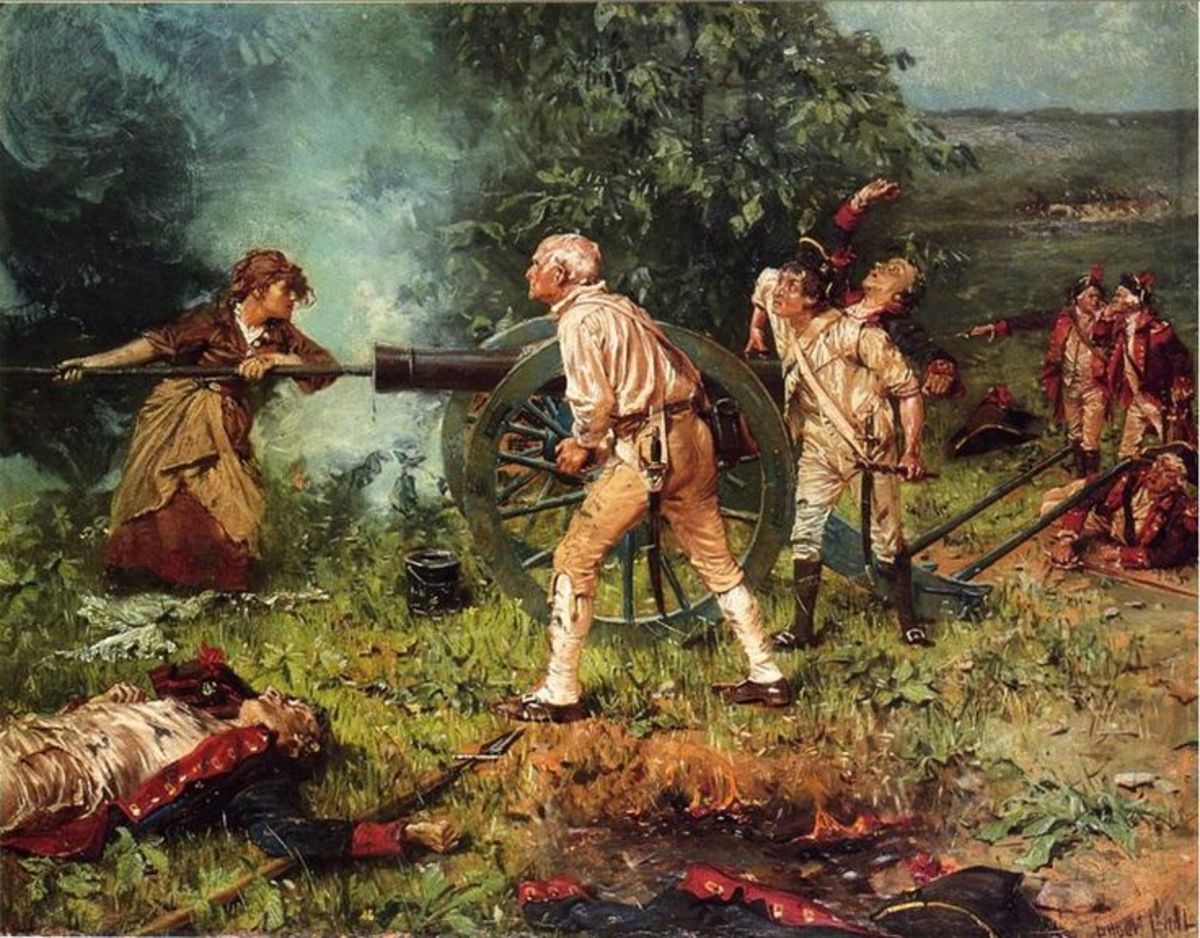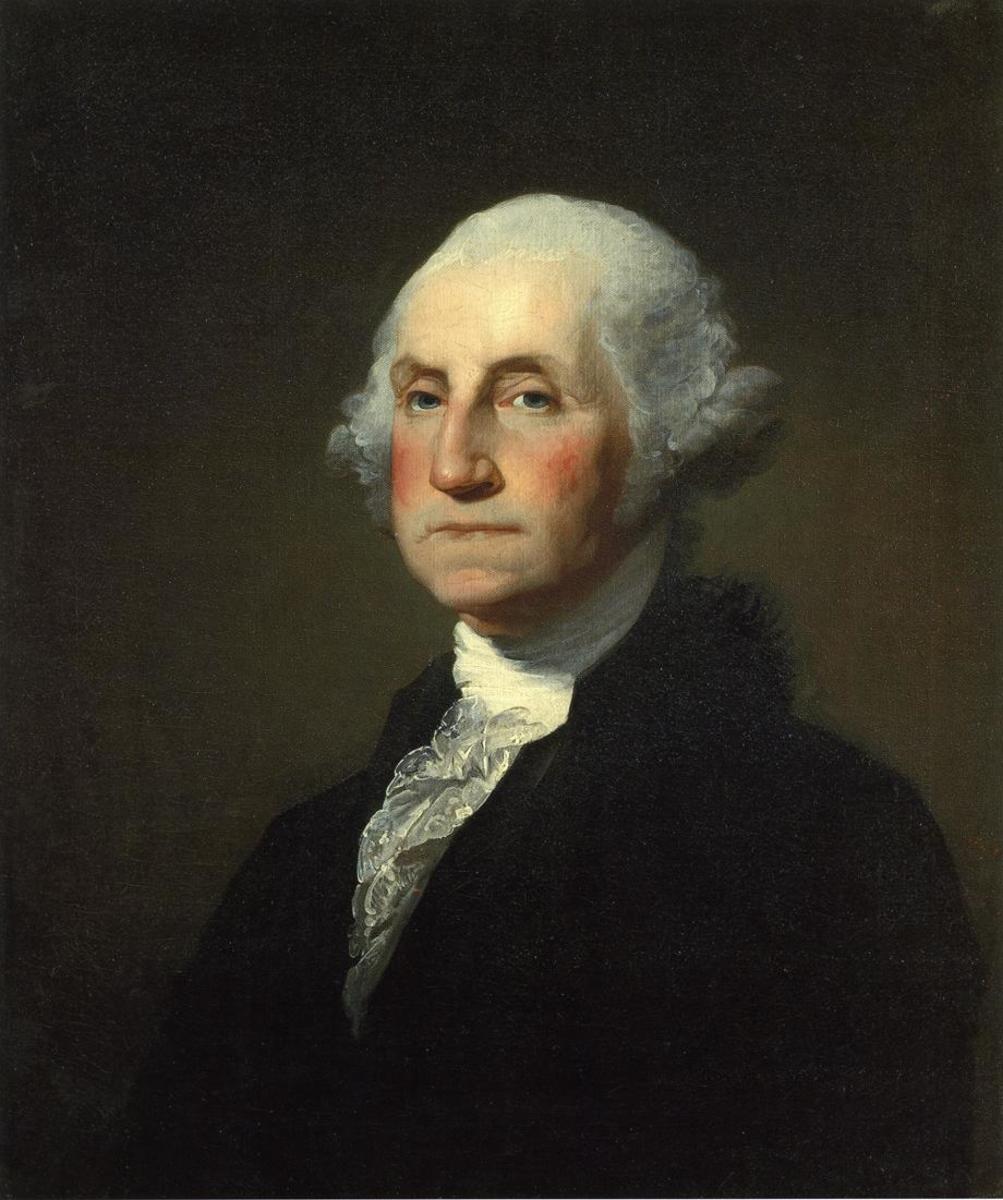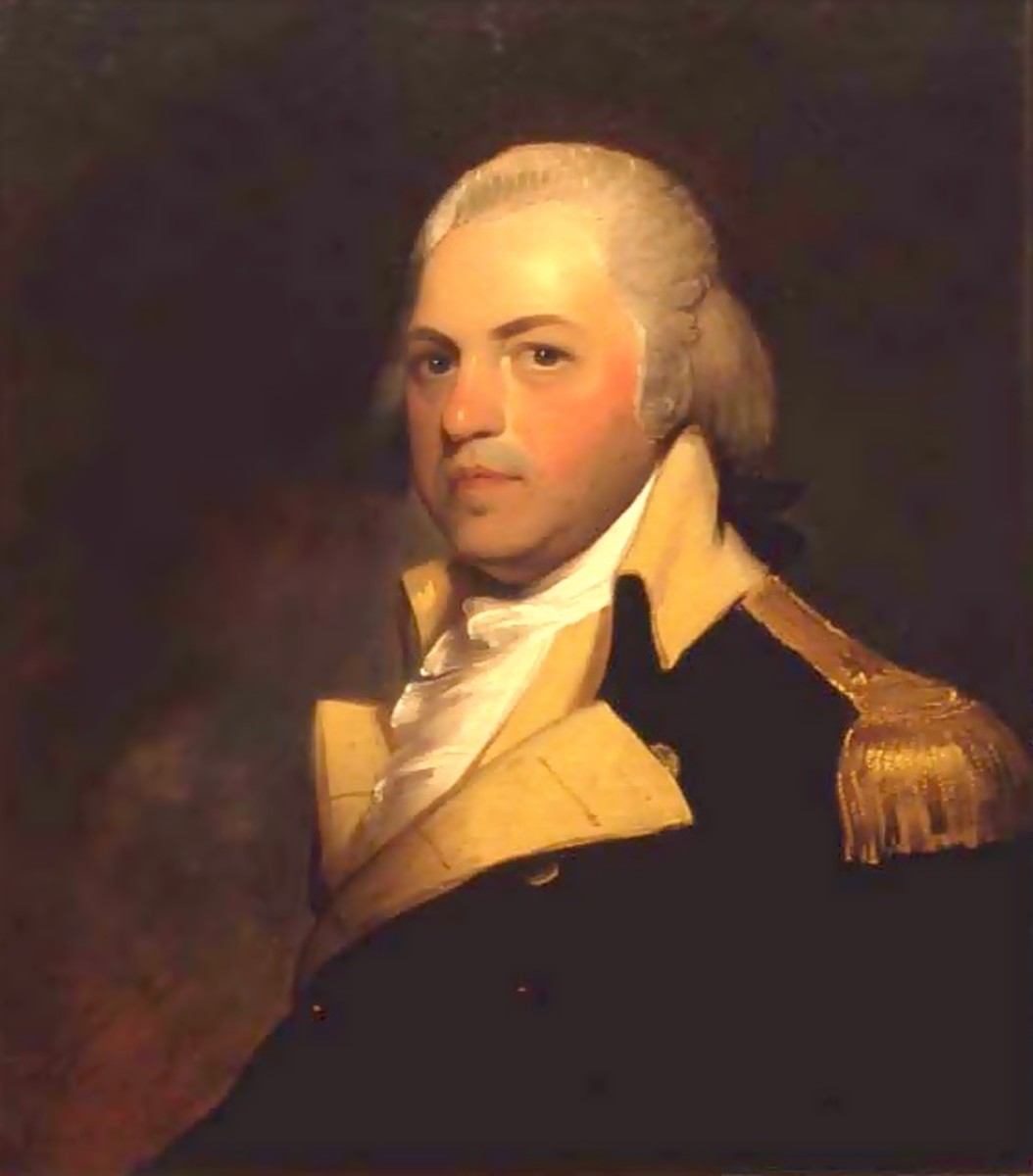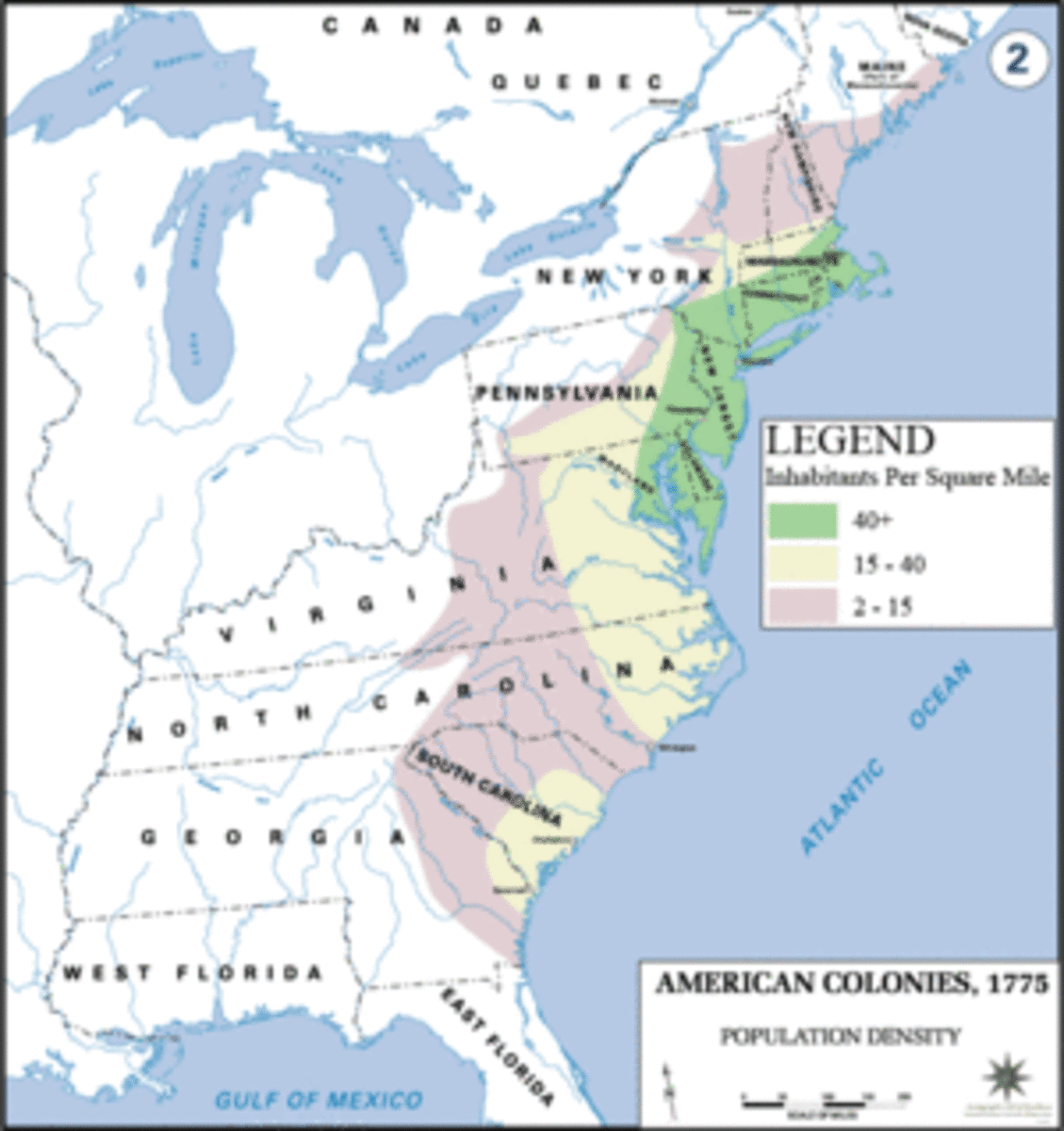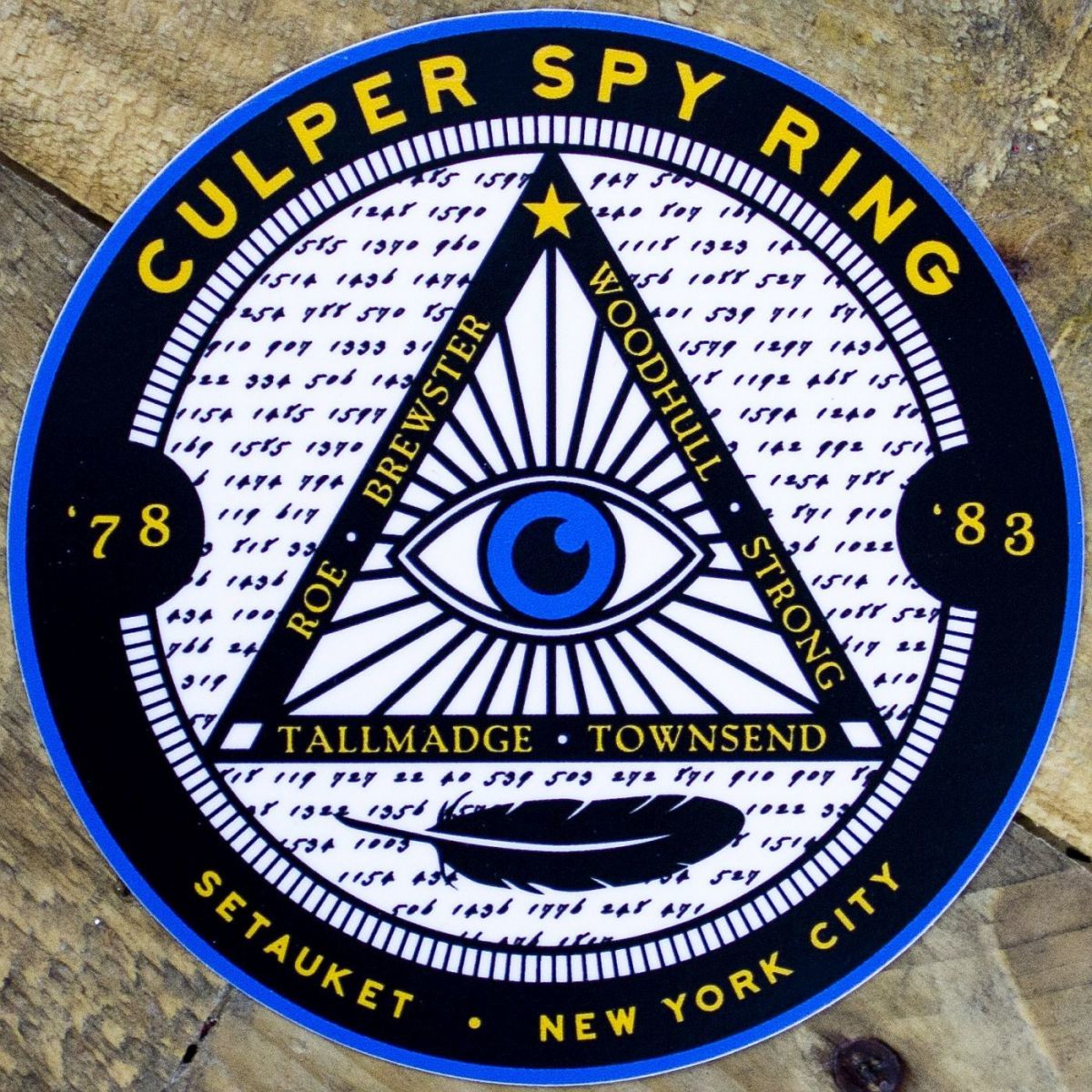- HubPages»
- Education and Science»
- History & Archaeology»
- History of the Americas»
- American History
The Evolution and Exercise of American Freedom
The Evolution and Exercise of American Freedom
On July 2, 1776, after much discussion on how to repair the relationship between Great Britain and the American Colonies, the second continental congress voted to separate from the British and become its own nation; the United States of America. Two day later, this resolution, The Declaration of Independence, was adopted and news was spread over all the colonies.
This moment in American history provided the stepping stones to the freedoms we enjoy today but, what did the founders have in mind regarding freedom? If we are a free society, does that mean we can do whatever we please so long as it doesn’t harm another? What is truly meant by the terms “freedom” and “liberty” and what are our “rights”? How were these terms implemented in the founding documents of our country and our government? These questions become ever more important in an era in our history where discontent is growing over multiple issues that are claimed to be freedoms, liberties and rights. But, in fact, the characteristics of our freedom can be found by looking toward the principles that surround our strong roots in Christianity and Deism. It is our attachment to religion that guides our exercise of freedom.
In the 1700’s, the American colonies experienced huge percentages of religious growth. This permeated from the Great Awakening of the 1740’s. This era brought about an emotional aspect to religion that was never really seen before in the Protestant religion. Estimates of church attendance boomed to 75-80% of the population according to some Historians. This boom followed an extreme decline in spirituality due to the disconnect with the previous form of Protestantism among the new generation. In addition, another form of religious thought surfaced out of the scientific way of thinking in the enlightenment. Deism, which did not incorporate spirituality but rather a moral view of how to live your life began to stir in the minds of the more educated.
Many of the founders were in fact Deist and some, such as Thomas Jefferson, became a sort of Christian Deist by adopting religious teachings but, rejecting the miracles of the Bible. Jefferson even went so far as to create his own Bible that was formed by the rigorous work of cutting and pasting verses from the King James Bible that only included the moral teachings (leaving out the miracles) of Jesus Christ. Jefferson believed heavily that following Jesus’s teachings would bring about a great amount of integrity in a person. Many founders, more or less, believed in a “Creator” that sort of created the universe and started time, leaving it alone to play out like a movie and limiting his involvement. The world, according to Deist, functioned like a clock in a system of wheels and springs. Everything works together and plays out as it’s designed to. This way of thinking may also be connected in our ideas regarding freedom and our right to govern ourselves in a system regulated by interconnected branches.
Due to the large religious movements of the time, and the vast religious population, many elements of Christianity and Deism made their way into the formation of our government. The most well-known example of this is The Declaration of Independence. This document included references to a “Creator” and natural rights given to us by Him. Though many elements of religion were mentioned in government and its documents throughout American history, the founders essentially wanted to keep government away from religion and religion away from government. This was to protect our freedoms. Thomas Jefferson set the foundation for this method of thinking while a legislator in the Virginia House of Burgess. He believed that it was essential to keep government separated from religion to preserve religious freedom and to keep government corruption at bay. If one religion controlled government, then the freedom to practice other religions would be gone. Also, churches could have the power to influence politics greatly.
When it came to freedom, the founders believed it was both good and bad. Freedom was important for economic reasons, social reasons and cultural reasons but, too much freedom creates anarchy and too little freedom creates tyranny. In giving freedom to Americans, the founders had to consider a few things. They had to look at mainly, these four things: 1.) class division, 2.) regulation of passions 3.) economy and the needs of the people 4.) the creation of national unity and identity. Each of the 3 branches of government is created with specified powers that are regulated by another branch. For example, the president is the head of the military and can run it, for the most part, as he pleases but, he does not have the power to declare a full war. There have been some modifications and debate about this situation but, you get the idea. Each branch regulates each other in different ways and the people vote for representatives who make their voices heard in congress. Obviously, this whole system is run by humans. Humans are subject to temptation, passions and corruption and the founders saw this. This is why they created a system to limit corruption as best they could in the government. This is also why the people of the country do not have a direct voice to the inner workings of the government. They must be heard through their representative. As James Madison said in Federalist Paper 51,
“If angels were to govern men, neither external nor internal controls on government would be necessary. In framing a government which is to be administered by men over men, the great difficulty lies in this: you must first enable the government to control the governed; and in the next place oblige it to control itself. A dependence on the people is, no doubt, the primary control on the government; but experience has taught mankind the necessity of auxiliary precautions.”
What did James Madison mean by the last line? He believed the passions of the people were a threat to the unity of government and a threat to freedom. If the people of the country had direct control over the nation without any restraint, there would be utter chaos and anarchy. Everyone has desires and when faced with the opportunity to achieve those desires, humans do just about anything to get them if they don’t have a moral restraint. Ironically, too much freedom leads to the loss of freedom. How do you achieve a moral restraint that allows an equal distribution of freedom? The founders believed that religion was the method by which to regulate passions. It was believed that the nation’s belief in God would create a moral component to our society that would tame the population. It was believed that our government was designed to give freedom to everyone so long as it remained in the realm of morality. That, yes, we do have freedom but, we must filter our desired freedoms through a moral lens. That moral lens is religious principles. This though was expressed by one of the founders himself. In a letter to a division of the Massachusetts militia, John Adams stated, “Our Constitution was made only for a moral and religious People. It is wholly inadequate to the government of any other”.
Would John Adams see Americans as a moral and religious people today? Current events would show that we’ve backslid. Americans abuse, misinterpret, or are plain out ignorant of their freedoms, liberties and rights. We live in a world driven by gluttony, immediacy and entitlement and morality takes a back seat which means, religion has taken a back seat. We seek pleasures and call them rights. We fight to justify our entitlement to pleasures and materialism; twisting laws and religion. We abuse laws and regulations to attain our desires and care not of the consequences of our actions and make more laws with the faulty logic that they will save us from those consequences. More laws in actuality, leads to less freedom. Freedom would be secure with the simple practice of morality and ethical behavior. Freedom, you might say, is not being filtered through the moral lens of religion any longer. Americans no longer think as a nation but, as individuals. The clock is not working as it is supposed to.
Religious principles have driven our actions and thoughts throughout our entire history. It hasn’t necessarily been a single religion but rather, the commonality in the belief in God regardless of religion or denomination. We all aspired to please our Creator out of love according to the common guide set among our different beliefs. We all lived our lives according to a standard of integrity set prior to the founding of our country that was a part of everyday life. We created ideas that set us apart from the rest of the world on an ethical and moral level. These ideas guided our understanding of freedom and checked our desire to exploit our liberties. That said, we are also human and our human faults have also crept into our history. It is when our human faults overtake us and tempt us to work outside the designed system that causes the whole thing to become inefficient.
Freedom, as believed by our forefathers, was a privilege fought for in blood. We gained the freedom to our “pursuit of happiness” but, not everyone can be happy without the element of morality; without religion. It is the divine element that checks the faults of our humanity. Our country does not have an absolute freedom, nor does it have absolute tyranny. It has a form of freedom that is dependent on the people itself. It is dependent on the moral atmosphere of the population. It is dependent on the integrity of our people. It’s dependent on what we do with our freedom and how we choose our battles. It requires us to think about who each of us are as an American and what connects us to other Americans; what unites us as a people despite our differences. Freedom is not a word to be thrown around with mishap. It is an idea. It is the idea that we create our own land. That “We the People” evolve our freedom, rights and liberties with every collective decision we make. That God blessed our nation with the ability to be free in accordance to His standards and, without those standards, freedom risks dissolution.
In 1777, during the Revolutionary War, John Adams wrote a letter to his wife, Abigail, which speaks to us today reminding us of the value of our freedom in which he said, “Posterity! You will never know how much it cost the present Generation to preserve your Freedom! I hope you will make good use of it. If you do not, I shall repent in Heaven, that I ever took half the Pains to preserve it”.
